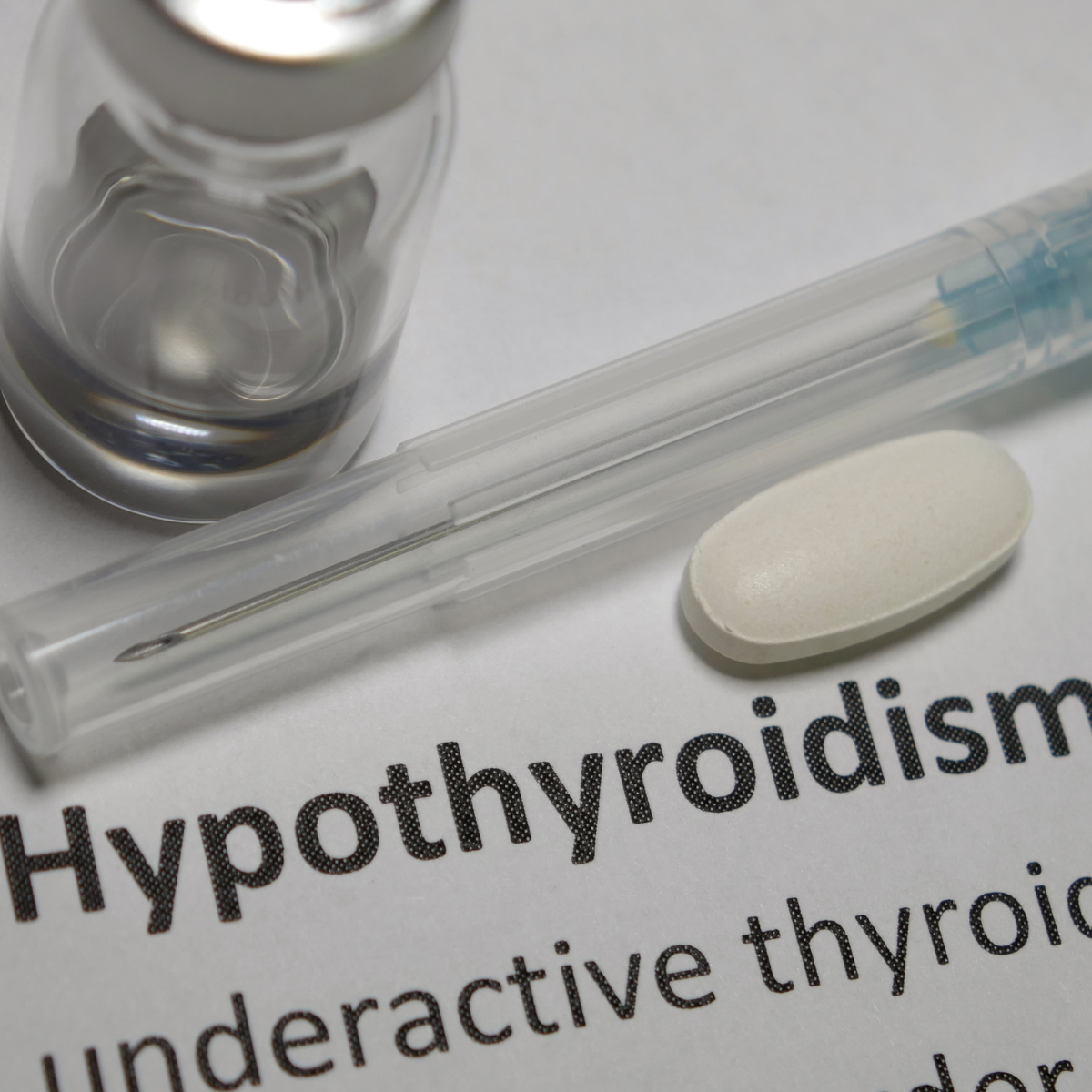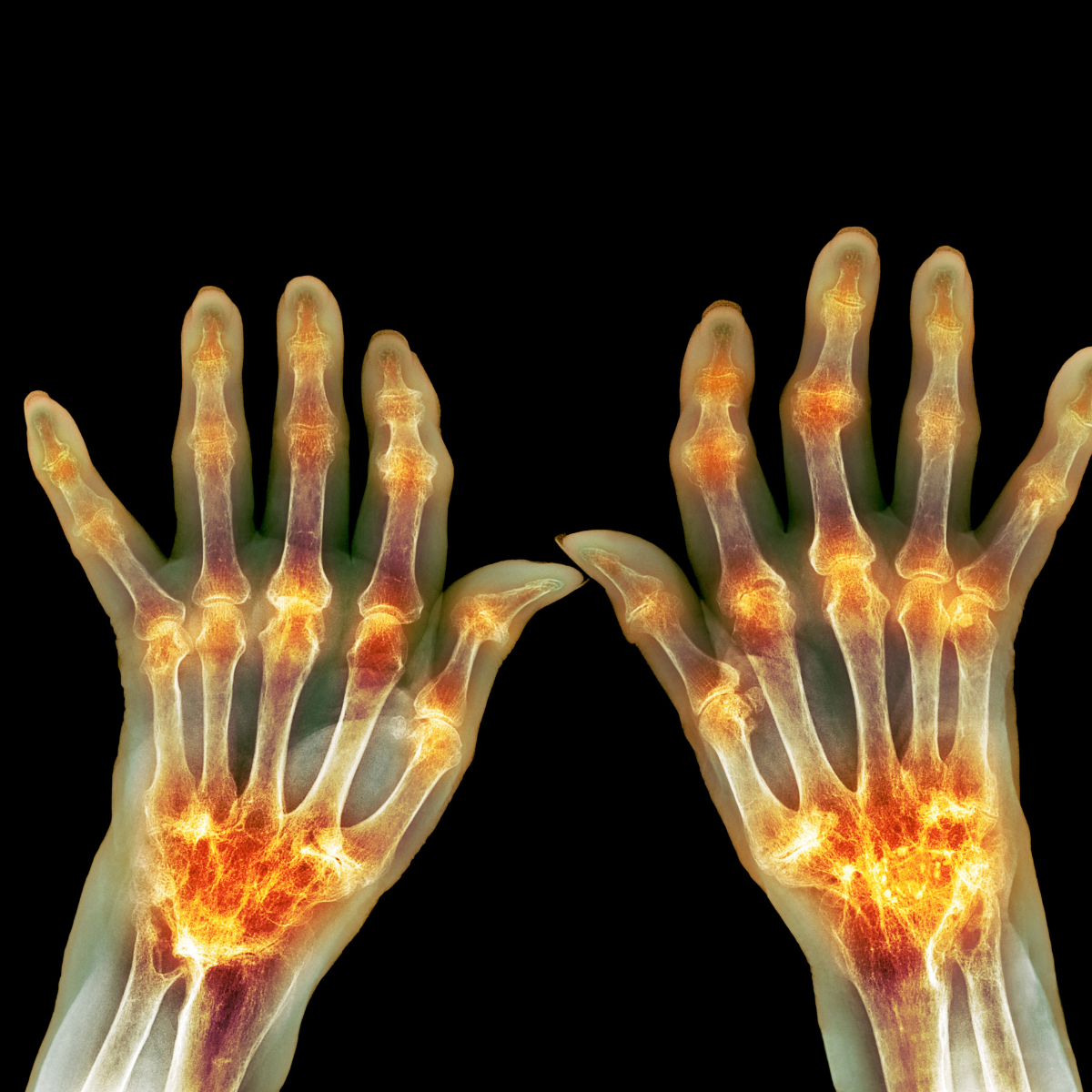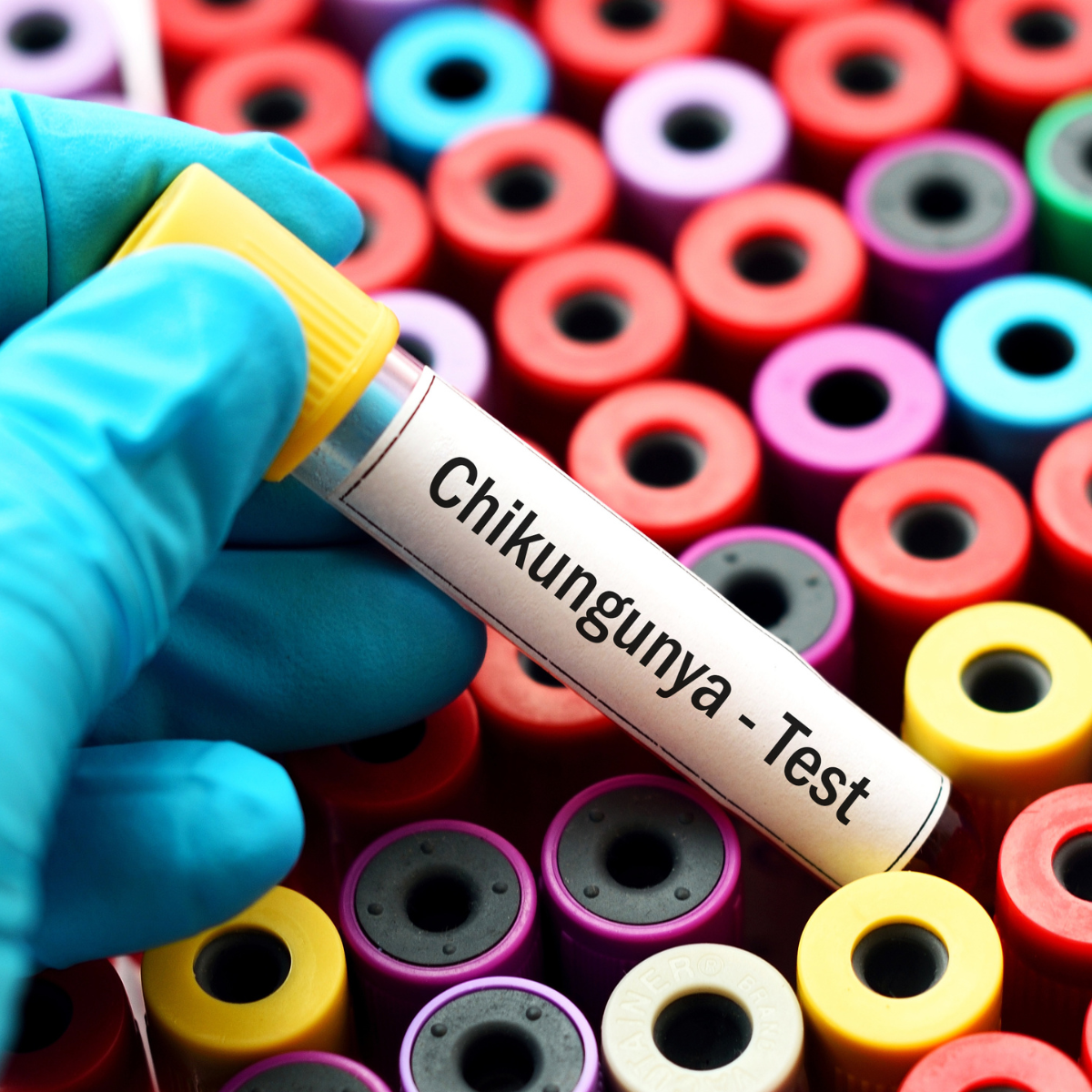
Hypothyroidism
🧠 What Is Hypothyroidism & What Happens Inside the Body?
Hypothyroidism occurs when the thyroid gland does not produce enough thyroid hormones, which are essential for regulating energy metabolism in the body. These hormones act as chemical messengers that help convert food into energy and regulate bodily functions. When the thyroid is underactive, energy levels decrease, and metabolism slows down, affecting various bodily functions, similar to how household appliances work inefficiently when there’s insufficient power.
🧬 Disease Progression: The Impact of Hypothyroidism
-
Mild Hypothyroidism: The thyroid gland produces slightly lower than normal levels of hormones, leading to fatigue and mild weight gain.
-
Moderate Hypothyroidism: Hormone production drops more significantly, resulting in noticeable fatigue, weight gain, and sluggish metabolism.
-
Severe Hypothyroidism (Myxedema): The thyroid’s ability to produce hormones is severely compromised, leading to extreme fatigue, joint pain, and potentially life-threatening complications.
🔍 Common Root Causes of Hypothyroidism
-
Autoimmune conditions: Hashimoto's thyroiditis is the most common cause, where the body attacks the thyroid.
-
Iodine deficiency: Lack of iodine, which is needed for thyroid hormone production.
-
Pituitary or hypothalamic dysfunction: Issues with the brain regions that regulate thyroid hormone production.
-
Medications: Certain medications can interfere with thyroid function.
-
Surgical removal of the thyroid: Can result in a permanent decrease in thyroid hormone production.
📊 Prevalence
Hypothyroidism is widespread, affecting a significant portion of the population, particularly women. In India, around 10% of the population is affected by some form of thyroid disorder, with hypothyroidism being one of the most common.
🚨 Signs & Symptoms of Hypothyroidism
Common symptoms of hypothyroidism include:
-
Fatigue: A feeling of extreme tiredness that doesn’t improve with sleep.
-
Weight gain: Unexplained weight gain due to slower metabolism.
-
Dry skin and hair: Decreased moisture and vitality of skin and hair.
-
Cold intolerance: Feeling cold even when others are comfortable.
-
Memory issues: Difficulty concentrating or remembering things.
-
Constipation: Slower digestion can lead to constipation.
-
Muscle weakness: Reduced muscle strength and endurance.
Note: Symptoms can vary in severity and may not always be present in all individuals.
🥗 Nutritional Approach to Management
Dr. Umesh emphasizes that proper nutrition can help manage hypothyroidism effectively and support overall thyroid function.
🧂 Core Dietary Focus:
-
Iodine-rich foods: Iodized salt, seaweed, and dairy products support thyroid health.
-
Selenium and Zinc-rich foods: Brazil nuts, sunflower seeds, and legumes help support thyroid function and hormone conversion.
-
Anti-inflammatory foods: Incorporating antioxidants from leafy greens and berries can help manage inflammation related to thyroid disorders.
✅ Foods to Include:
-
Fresh fruits and vegetables (especially cruciferous vegetables in moderation)
-
Whole grains like oats, quinoa, and barley
-
Lean proteins such as fish, eggs, and legumes
-
Healthy fats from nuts, seeds, and olive oil
⚠️ Foods to Limit (Not Eliminate):
-
Soy products: Excessive soy intake may interfere with thyroid function in some people.
-
Goitrogens: Foods like cabbage, broccoli, and kale can impact iodine uptake in large quantities (cooking reduces this effect).
-
Highly processed foods: Limit sugar and processed fats, which can aggravate metabolic issues.
Remember, moderation is key for thyroid health.
💊 Key Nutrients to Focus On
Certain nutrients play an important role in managing hypothyroidism:
-
Iodine: Essential for the synthesis of thyroid hormones.
-
Selenium: Helps convert T4 to the active T3 form of thyroid hormone.
-
Zinc: Aids in thyroid hormone production.
-
Vitamin D: Supports immune function and may reduce thyroid inflammation.
-
Vitamin B12: Often low in hypothyroid patients, supporting energy metabolism and nerve function.
Consult a healthcare professional before starting any supplementation.
🧘 Lifestyle Recommendations for Hypothyroidism Management
Lifestyle modifications can greatly support thyroid function and overall well-being.
🏃 Movement:
-
Engage in regular physical activity, such as walking, swimming, or yoga, to improve metabolism and energy levels.
-
Strength training can help improve muscle mass, which often decreases with hypothyroidism.
😴 Sleep Hygiene:
-
Aim for 7-9 hours of quality sleep each night to support energy levels and hormone regulation.
-
Create a consistent sleep schedule and a restful environment.
🧘 Stress Management:
-
Practice stress reduction techniques like deep breathing, meditation, or mindfulness to help prevent stress from affecting thyroid health.
📈 Monitoring & Tracking Hypothyroidism
Regular monitoring helps assess the effectiveness of treatments and lifestyle changes.
🩺 Relevant Lab Markers:
-
TSH (Thyroid Stimulating Hormone): A primary test to check thyroid function.
-
Free T4 and Free T3: Measures the levels of thyroid hormones.
-
Antithyroid antibodies: Check for autoimmune thyroid disorders like Hashimoto’s thyroiditis.
📓 Body Signals to Monitor:
-
Energy levels and fatigue throughout the day
-
Weight fluctuations
-
Skin and hair health
-
Mood and mental clarity
📞 Take the Next Step
If you're concerned about hypothyroidism or experiencing symptoms, consider scheduling a consultation with a healthcare professional for personalized treatment and advice.
What to Expect from the Consultation:
-
A thorough assessment of your thyroid function
-
Tailored dietary and lifestyle recommendations
-
Ongoing monitoring of thyroid health and adjustments to treatment as needed
📅Click here to Book your free 30-minute consultation
🎥 Learn More
For a deeper understanding of hypothyroidism and its management, watch this informative video:Complete Thyroid Guide & Understanding Hypothyroidism
 Talk to customer support
Talk to customer support










